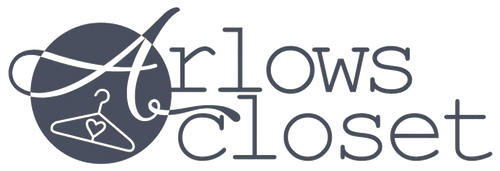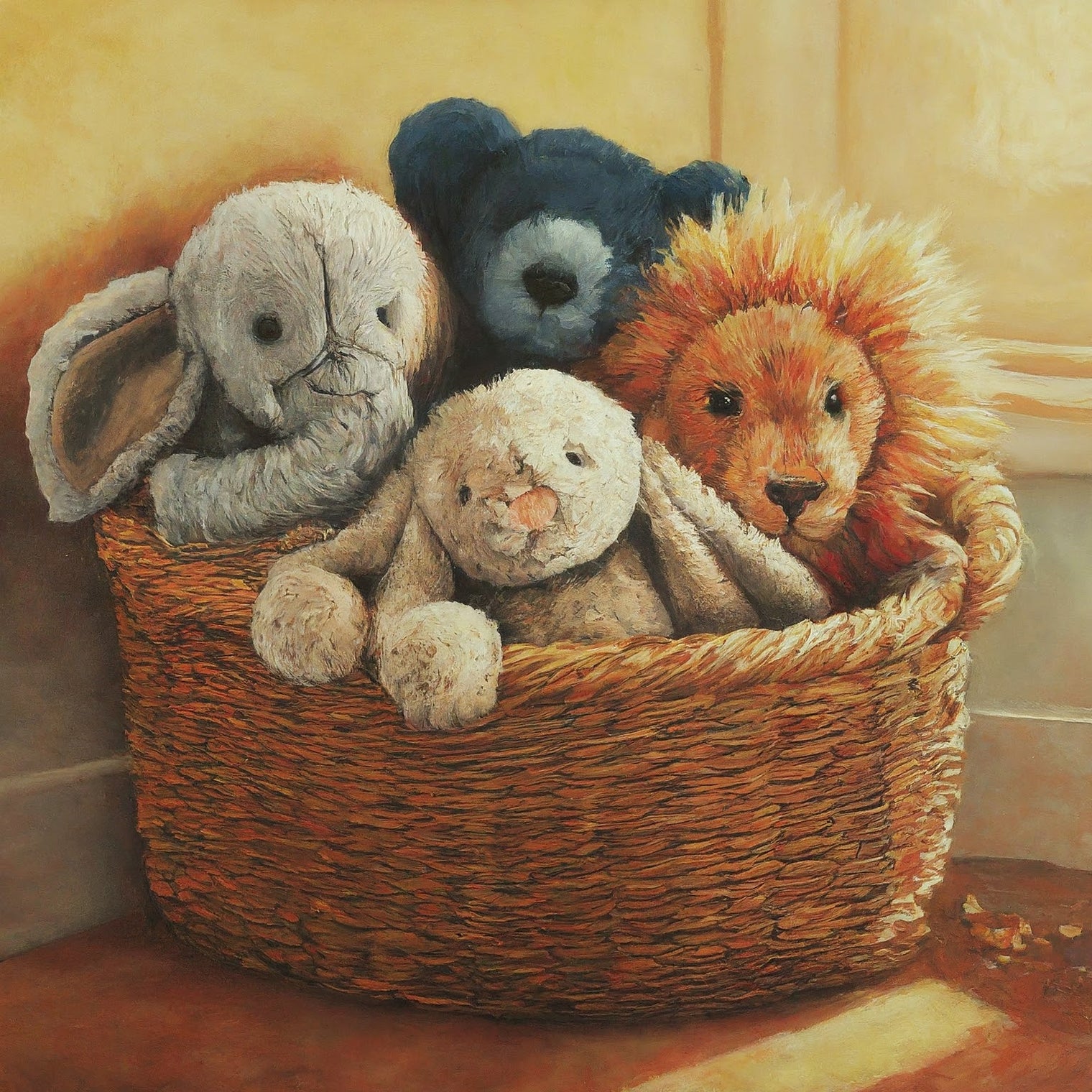Jellycat is mindful of their packaging. They aim to reduce waste and are working towards more sustainable packaging solutions.
In today's world, ethical considerations play a crucial role in consumer choices. An ethical brand is typically defined by its commitment to environmental sustainability, fair labor practices, animal welfare, and transparency. For many, purchasing from ethical brands is a way to support practices that align with their values.

Jellycat's Commitment to Safety
Safety Standards
Safety is paramount when it comes to children's toys. Jellycat adheres to stringent safety standards. Their toys undergo rigorous testing to comply with European (EN71) and American (ASTM) safety standards. This ensures that the toys are safe for children of all ages.
Material Sourcing
Jellycat prioritizes the use of high-quality materials. The fabrics used are selected not only for their softness but also for their safety. The company ensures that its products are free from harmful chemicals and toxins, which is essential for products designed for children.
Environmental Responsibility
Eco-friendly Materials
One of the critical aspects of Jellycat's environmental responsibility is its commitment to using eco-friendly materials. While not all of its products are made from organic or recycled materials, Jellycat is continually exploring options to increase its use of sustainable resources.
Sustainable Packaging
In addition to the materials used in their toys, Jellycat is mindful of their packaging. They aim to reduce waste and are working towards more sustainable packaging solutions. This includes using recyclable materials and minimizing plastic usage.
Labor Practices
Fair Labor Standards
Jellycat is committed to fair labor practices. They ensure that all workers involved in producing their toys are treated with respect and paid fairly. The company adheres to international labor standards, which include fair wages, reasonable working hours, and safe working conditions.
Factory Conditions
The factories that Jellycat partners with are regularly inspected to ensure they meet the company's high standards. This includes assessments of the working environment, safety protocols, and worker treatment. Jellycat's dedication to ethical labor practices is a testament to their commitment to being a responsible brand.
Animal Welfare Policies
Materials Used
Jellycat's plush toys are typically made from synthetic materials like polyester and cotton, which do not involve animal cruelty. This choice aligns with the growing consumer demand for cruelty-free products.
Alternatives to Animal-Derived Materials
Jellycat does not use real fur, leather, or animal-derived materials in their toys. By opting for synthetic alternatives, they ensure their products are cruelty-free, appealing to a broader audience of ethically conscious consumers.
Transparency and Accountability
Public Reporting
Transparency is a critical component of an ethical brand. Jellycat strives to be open about its practices, although detailed public reports on its ethical commitments and progress are somewhat limited. However, they communicate their safety and material standards clearly to consumers.
Certifications
While Jellycat may not hold numerous certifications often associated with ethical brands, such as Fair Trade or organic certifications, their compliance with international safety standards speaks to their commitment to producing safe and reliable products.
Customer Reviews and Perceptions
Positive Feedback
Many customers appreciate Jellycat for their high-quality, adorable designs and durability. Positive reviews often highlight the toys' softness and appeal to both children and adults.
Criticism and Concerns
Some criticisms of Jellycat focus on their limited transparency regarding detailed ethical practices and environmental impact. Consumers increasingly demand more information about their products' sustainability and ethical considerations.
Comparisons with Other Brands
When comparing Jellycat to other plush toy brands, it’s clear that while they excel in quality and safety, there is room for improvement in sustainability and transparency. Brands like Cuddle + Kind and Organic Farm Buddies are often noted for their firm ethical and environmental commitments.
Conclusion
Jellycat is committed to safety, quality, and adorable designs. While they have made strides in ethical practices, particularly in labor and animal welfare, there is always room for improvement, especially in environmental sustainability and transparency. As consumers, staying informed and asking questions can drive brands like Jellycat to continue evolving and enhancing their ethical commitments.
FAQs
What makes a brand ethical?
An ethical brand prioritizes environmental sustainability, fair labor practices, animal welfare, and transparency in operations and sourcing.
Does Jellycat use sustainable materials?
While not all of Jellycat's products are made from sustainable materials, the company is exploring options to increase its use of eco-friendly resources.
How does Jellycat ensure fair labor practices?
Jellycat ensures fair labor practices by adhering to international labor standards, which include fair wages, reasonable working hours, and safe working conditions in their factories.
Is Jellycat cruelty-free?
Yes, Jellycat's products are cruelty-free. They do not use real fur, leather, or any animal-derived materials in their toys.

